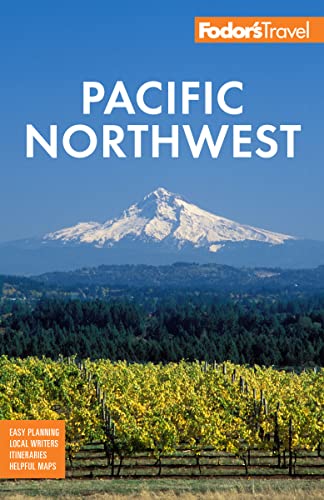Common Canadian Vocabulary
In Canada we have enough to do keeping up with two spoken languages without trying to invent slang, so we just go right ahead and use English for literature, Scotch for sermons, and American for conversation. —Stephen Leacock (1869–1944)
Canadian humorist Stephen Leacock was right: Canadians don't like to confuse visitors with obscure regional dialects. For that, there is the metric system. Still, Canadians have their eccentricities, and a brief primer may help avoid some confusion.
Terms useful in BC include the words for money: loonies for the dollar coin (because of the loon that graces the coins) and toonies for the two-dollar version. British Columbians, like other Canadians, spell many things the British way (colour instead of color, for example), pronounce the letter "z" as "zed," and occasionally (okay, more than occasionally) tack an "eh?" to the end of a sentence—to turn it into a question, to invite a response, or just out of habit.
Canadianisms like toque (woolly cap) are used here, albeit less frequently given the temperate weather. What you will hear are many words for precipitation. A Vancouverite might observe that it's drizzling, spitting, pouring, or pissing down, but will avoid saying "Yup, it's raining again." That just shows a lack of imagination. Oh, and if someone does say, "It's raining again, eh?" he's not asking a question; he's just inviting you to discuss the situation.
A few words are uniquely West Coast, including some derived from Coast Salish, a First Nations trading language. Skookum, for example, means big or powerful; chuck means water (as in a body of water); salt chuck is seawater. Chinook, which means a warm wind in Alberta, is a species of salmon in BC. Thus you might find: "He caught a skookum chinook then chucked it right back in the salt chuck."
Probably the best sources of confusion out in BC are geographical. The Okanagan, and anything else not on the coast, is called "the Interior" by Vancouverites—unless it's north of, say, Williams Lake, in which case it's "Up North." There are thousands of islands in BC, but "the Island" refers to Vancouver Island. (Many newcomers forget that Vancouver isn't on Vancouver Island; Victoria is.) The Lower Mainland is the term used to refer to Metro Vancouver, including the communities of Langley, Abbotsford, North Shore, Richmond, and even Maple Ridge and White Rock.
Food and drink offer more room for misunderstanding: order soda and you'll get soda water (Canadians drink pop). Homo milk? It's short for homogenized milk and it means whole milk. Bacon is bacon, but Canadian bacon is called back bacon in Canada. Fries are generally fries, but will be called chips if they come with fish, in which case they'll also come with vinegar.
And beer? You can just order "beer," but be prepared to discuss with the bartender your preference for lager, ale, porter, and so on. You'll probably also be told that Canadian beer is stronger than American. This is a widely held belief that simply doesn't hold water. The alcohol levels are the same—they're just measured differently.




